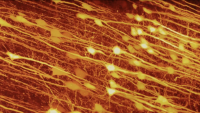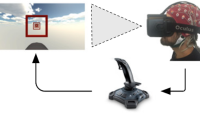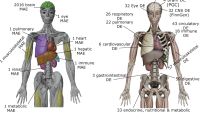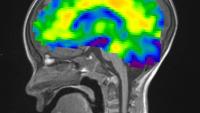- RSNA 2025
- Research Services
- MRI Center at the Neurological Institute
- Columbia University PET Center
- Center for Innovation in Imaging Biomarkers and Integrated Diagnostics
- Radiopharmaceutical Translation Program
- Research Labs
- Computational Biomarker Imaging Group (CBIG)
- Kvist Lab
- Laboratory for Intelligent Imaging and Neural Computing
- Laboratory of AI and Biomedical Science
- McIlvain Lab
- Molecular Imaging and Therapy Lab
- Medical Imaging Physics Lab
- Payabvash Lab
- Translational Neuroimaging Laboratory
- Ultrasound Elasticity and Imaging Laboratory
- Research Faculty
Research Labs
-
The Computational Biomarker Imaging Group investigates the role of novel quantitative imaging biomarkers for improving personalized decisions for cancer screening, prognosis, and treatment.
-
Research in the Kvist Lab is focused on understanding the growth and development of young patients, with a particular emphasis on skeletal health and imaging techniques.
-
The Laboratory for Functional Optical Imaging develops novel biomedical imaging and microscopy techniques that use optics to capture information about the structure and function of living tissues.
-
LIINC uses principles of reverse “neuro”-engineering to characterize the cortical networks underlying perceptual and cognitive processes, such as rapid decision making, in the human brain.
-
LABS focuses on developing and applying artificial intelligence/machine learning methodologies to various biomedical data to understand human aging and disease.
-
The McIlvain Lab focuses on the development of magnetic resonance elastography (MRE), a noninvasive MRI technique for assessing the mechanical properties of soft tissues.
-
The Medical Imaging Physics Lab focuses on medical image acquisition technique improvement, using physics and engineering concepts and analysis for clinical translational applications.
-
Innovative, cross-translational research to exploit molecular imaging and therapy techniques with the aim of personalizing therapeutics.
-
Led by Sam Payabvash, MD, research at the Payabvash Lab is focused on the translation of novel neuroimaging modalities, quantitative analysis, and machine intelligence into clinical practice.
-
Dr. Michael Lipton’s lab investigates brain mechanisms of neurobehavioral dysfunction due to injury and disease, and how inter-individual diversity alters these mechanisms and their consequences.
-
Led by Elisa Konofagou, PhD, the Ultrasound Elasticity and Imaging Laboratory develops novel, ultrasound-based techniques for both imaging and therapeutic applications.







